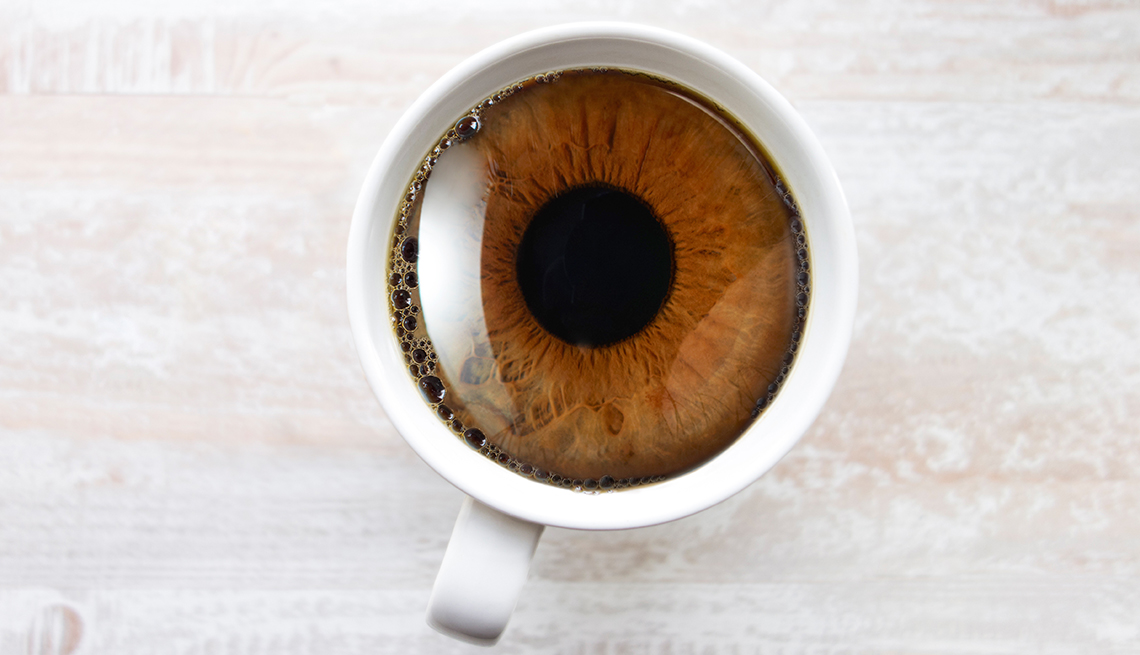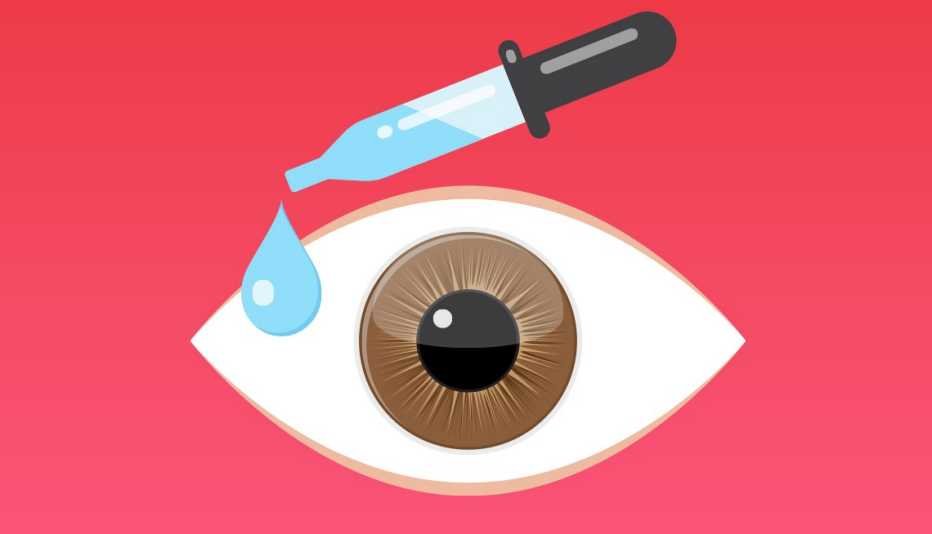AARP Hearing Center
Over the past few years, the headlines about caffeine and eye health have been confusing, to say the least: “Too much caffeine may raise the risk of blinding eye diseases,” one headline blared. Meanwhile, another headline asked: “Can coffee protect our eyesight?”
It’s no wonder average people are confused.
“We get this question [about caffeine] over and over again,” says Mina Massaro-Giordano, MD, professor of clinical ophthalmology at Penn Medicine.
Some 90 percent of Americans consume caffeine each day, whether from soda, tea, energy drinks or coffee. In fact, coffee consumption is at a 20-year high, with two out of three Americans grabbing a daily cup of joe, according to the National Coffee Association. At the same time, the number of Americans with major eye diseases is increasing, in large part because the population is aging.
Whether you already suffer from an eye condition or you simply want to prevent one, it’s important to know how your java habit impacts your eye health — and what you can do to lower your risk.
The good news is, although the research is mixed, moderate amounts of caffeine do not appear to increase the risk of eye disease for most people, Massaro-Giordano says.
However, your actual risk depends on a variety of factors including how much caffeine you drink, if you already suffer from an eye problem or if you are predisposed to one.
In general, Massaro-Giordano and other experts say their advice on caffeine is the same as it is for other aspects of your health: everything in moderation.
For healthy adults, the Food and Drug Administration recommends no more than 400 milligrams of caffeine a day — that's about four cups of coffee.
Read on for more specifics about the research on how caffeine affects different eye conditions:
1. Dry eye: Caffeine may help
If you’ve developed dry eye — a common condition characterized by itchy and irritated eyes — you may worry that your daily pick-me-up could make things worse. After all, caffeine is believed to be a mild diuretic, meaning it forces more water from your body.









































































